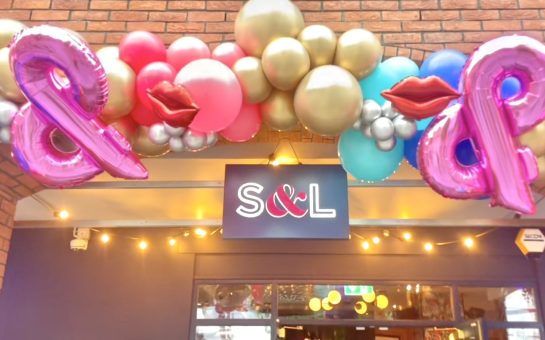Manchester’s independent bookshops like Magma and Chorlton Bookshop have experienced a torrid couple of years thanks to the Covid crisis – but there is still a need for independent, community-based stores.
In 2020, book sales reached £6.4 billion and more Britons were reading than ever.
At the same time, Amazon sales grew by 200% – were only giants like Amazon and Waterstones benefiting from the readership surge?
With lockdown measures forcing closure for half the year, how did the UK’s independent bookshops do during the pandemic?
I spoke with two independent Manchester bookshops to understand their experience and ask where they are two years on.
Relatively new to Stevenson Square is UNITOM, a visual arts store that opened in December 2021. It came about after the main brunt of the pandemic, but exists because of it.
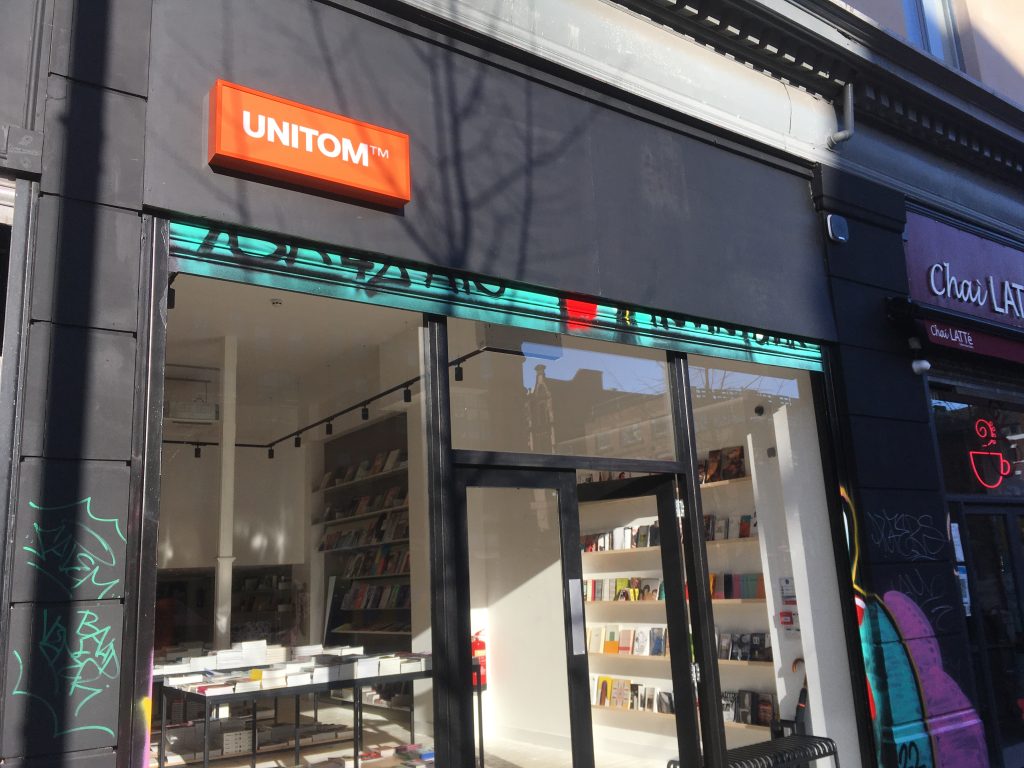
A different store, Magma, had been part of the Manchester visual art scene for 18 years in Northern Quarter under the helm of store manager Tim Bell.
Despite its popularity, Magma struggled during the pandemic, Tim says, due to the surprise and uncertainty.
“We weren’t prepared or aware how long lockdown would last. There was an assumption it would only be a week, two weeks. No long-term plan was put in place.”
Magma had two London stores alongside its Manchester branch. When lockdown came in March 2020, all online purchases were processed through one London store, while Manchester sat idle.
“We couldn’t switch to click-and-collect because there’d be stuff on the website that wasn’t in Manchester and things in Manchester not on the website.”
With no sales, the Manchester store represented only significant outgoings.
A To Let sign appeared and the final closure was announced on Instagram. “Shows over!” the post said. “I guess we can’t ignore the sign above the door.”
Tim remembered the day he saw coming, when Magma Manchester would be closing.
“Small businesses like Magma live off December sales. If you don’t get those then your following year is a cashflow nightmare.
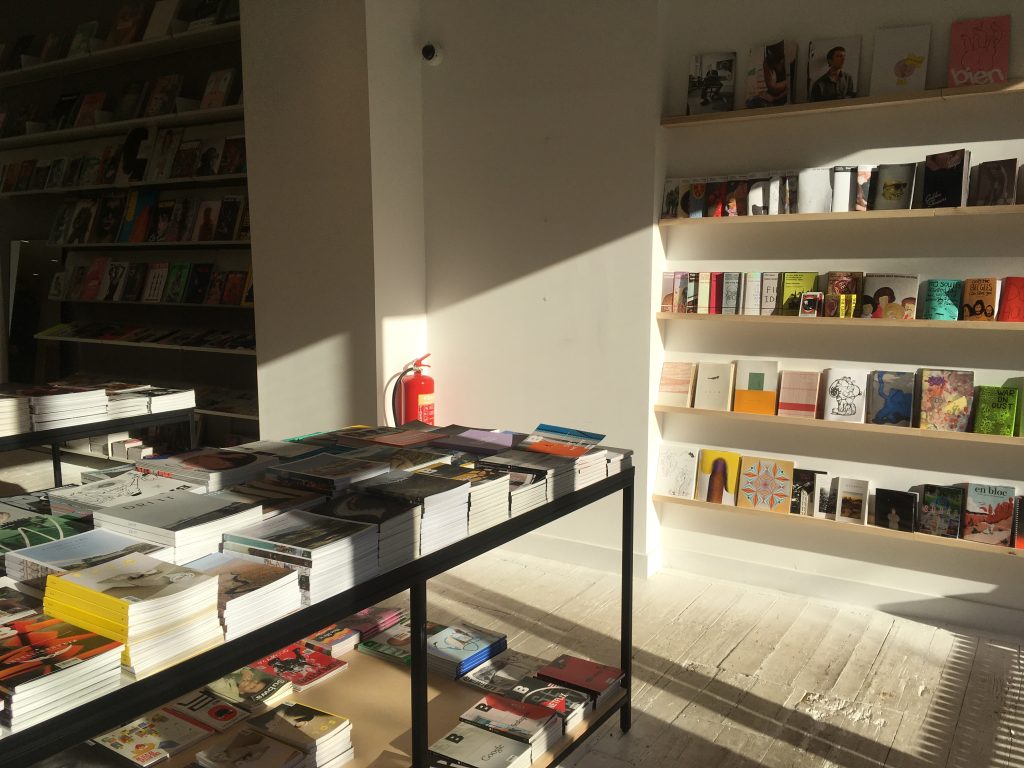
“When we were forced to close again mid-December, we missed out on our two best weeks of the year. If there was any hope of turning it around, it would’ve been then, but obviously not.
“So unfortunately, we came to the end of the lease, no need to renew. It was the end.”
When it was announced, an outpouring of support came from customers and artists of Magma.
Two were Wini Tse and Matthew Palantine, Manchester-based visual artists who wanted to open a gallery, Universal Tomorrow.
“The gallery was going to have a commercial space, for prints and artists editions. But they saw the opportunity to expand that with the publications Magma did really well.”
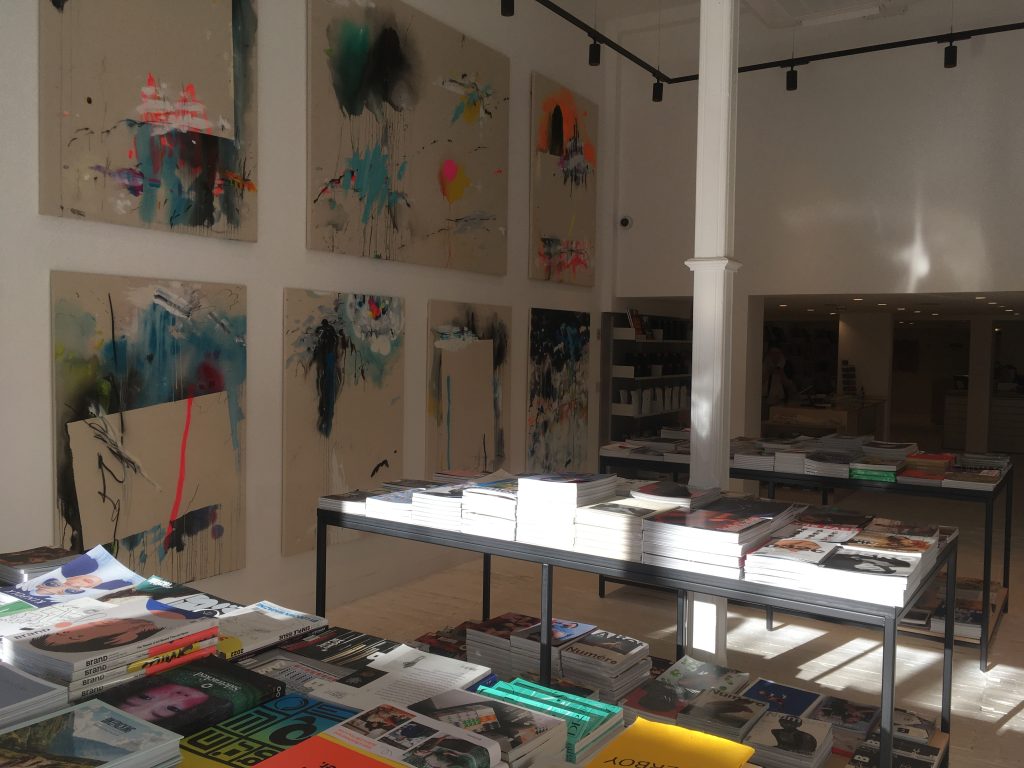
UNITOM opened last December, and Tim was back as store manager and buyer, bringing 15 years’ experience.
“It was nice seeing all those people who used to shop at Magma, finding a new place to be and welcoming it.”
Tim is also using his knowledge from the pandemic to UNITOM’s advantage too.
“Should we be forced to close again, and need to switch to a click and collect service, we can do it. If it’s on the website, it’s on the shelves. Just lock the doors and point people to our website.
Chorlton Bookshop has been embedded in their community for nearly 40 years – but there are no guarantees in a pandemic. I spoke with Andy, the store manager, to understand the bookshop’s experience and how it came through.
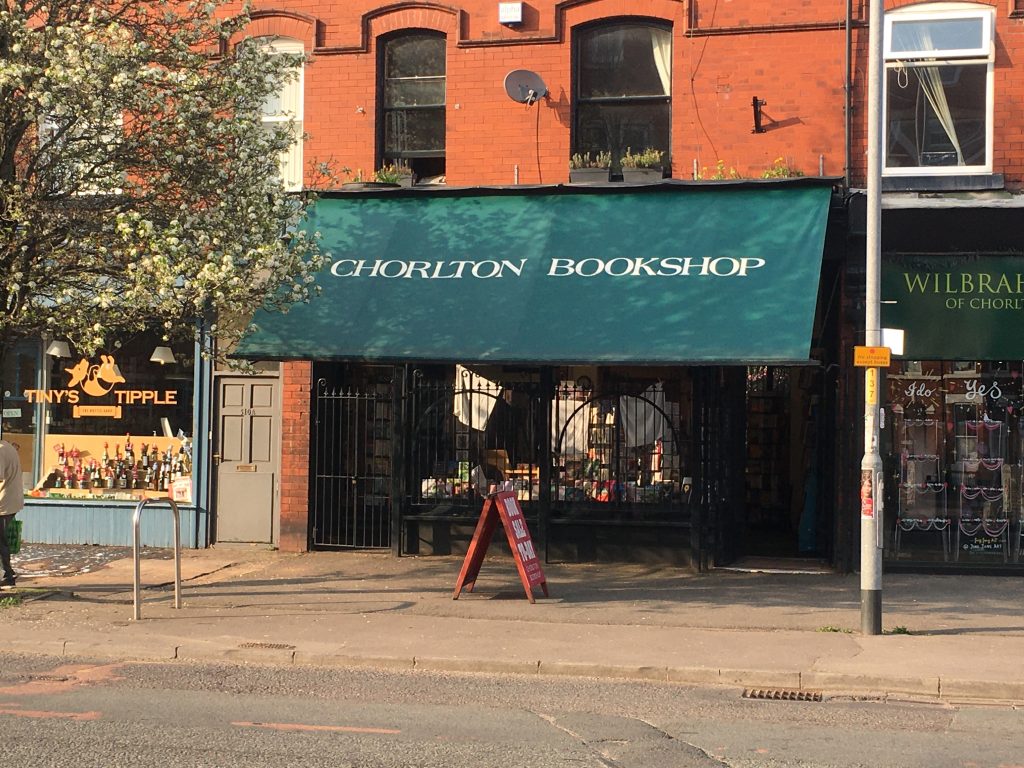
Chorlton Bookshop had no plan for a pandemic where you’re not allowed to open or come into contact with customers.
“We didn’t really know what to do – just like everyone else. Nobody knew quite what was going to happen or for how long.
“We had a small web presence – social media etc. – but not much. It was always something that we’d planned to get round to.”
Suddenly shut down, any way to adapt was good enough in order to keep selling books.
“It was all very informal, taking orders any way we could – by email, phone, social media, and we took payments in the shop doorway.
“Customers could order books from us as normal and call to pick them up – effectively a sort of ‘click-and-collect’ system.
“We got our website up and running – and at the same time, an initiative called Bookshop.org started up.”
Many knew the difficulties independent shops would face, and Bookshop.org was advertised as a way to support them. The site provides an online platform for bookshops and their catalogue.
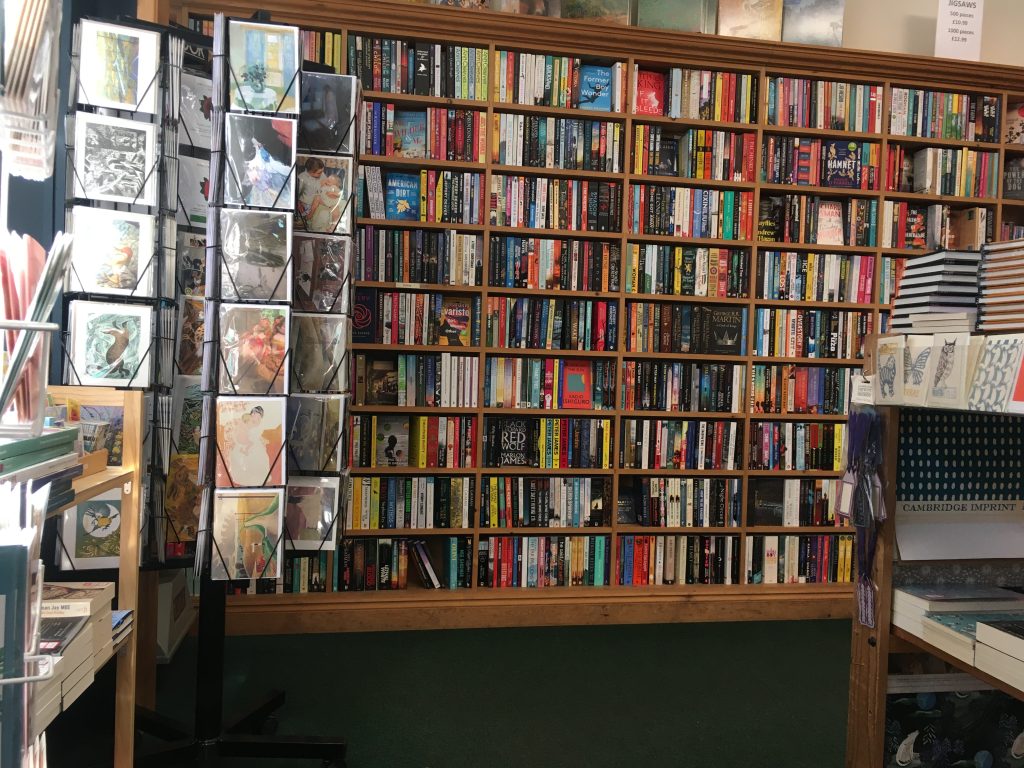
It was suggested that Bookshop.org was capitalising on the difficulties, but Andy tells me that wasn’t the way he saw it.
“Genuinely, it was a lifeline. Yes, it’s pointing customers to an online shopping experience, which obviously isn’t what we pride ourselves on, but in the circumstances it was a big help.”
But the largest contributor to Chorlton Bookshop’s survival is the thriving community it is a major part of.
“We’ve always been part of the local community – selling books by local authors, displaying posters and flyers for local events.
“During the lockdowns we looked at ways of supporting Chorlton’s community as a bookshop and the community looked at ways of supporting us, too.
“We’re a family-run business with a small staff, rather than just another faceless branch of a large company.”
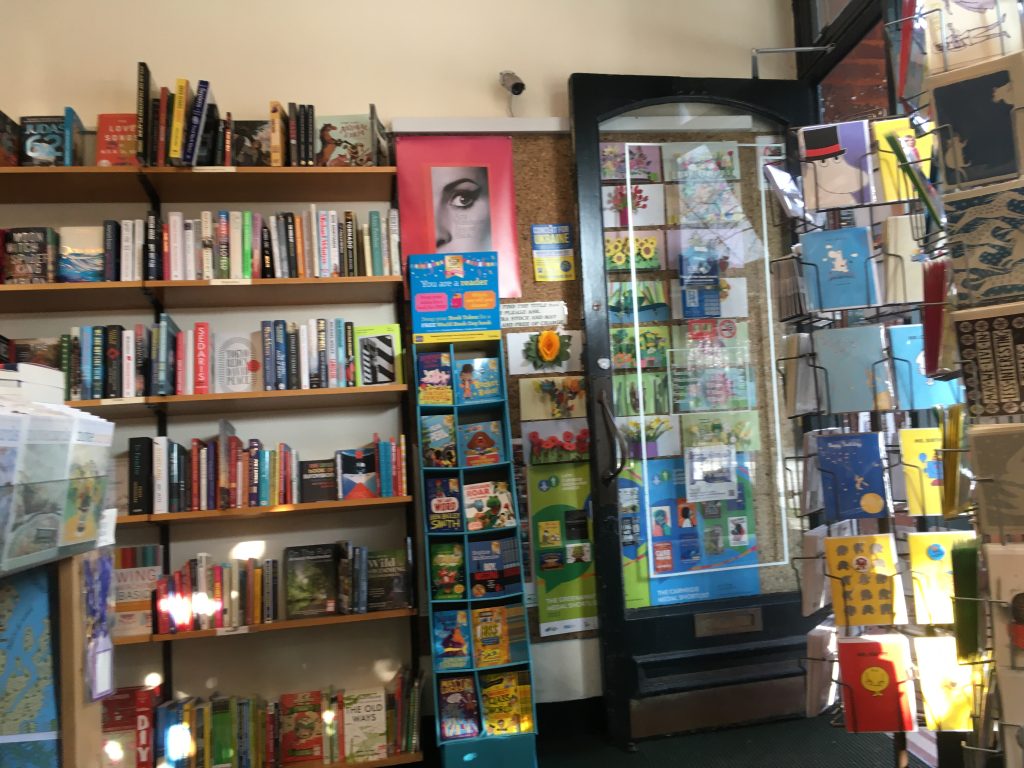
Andy tells me there are still aspects of lockdown life that have stuck around, particularly for the community-conscious side of the shop.
“We’ve pretty much returned to something like ‘normal’, but we’re still using Perspex screens at the counter.
“During lockdown we started working with a local cooperative who offer deliveries by bike. That’s still coming in handy for customers who are housebound, isolating or shielding.”
Both UNITOM and Chorlton Bookshop pride themselves on being more than just a place where people can buy books.
“People like to be exposed to things they don’t know existed”, Tim says, “so we go out of our way to find those things that aren’t that instantly findable with Amazon or Waterstones.
“That’s our goal, that people come and discover something they’ve never seen or an artist they’ve never heard of and engage with it and discover new things.”
Andy agrees: being independent is being a unique voice and fitting your shop to the people you serve.
“We can offer a bit more character and personality, a human touch.
“Books should be all about expression, sharing thoughts, ideas and imagination, and it’s fitting that bookshops have individual character too. If people don’t use them, they’ll be gone before you know it – simple as that, really.”




